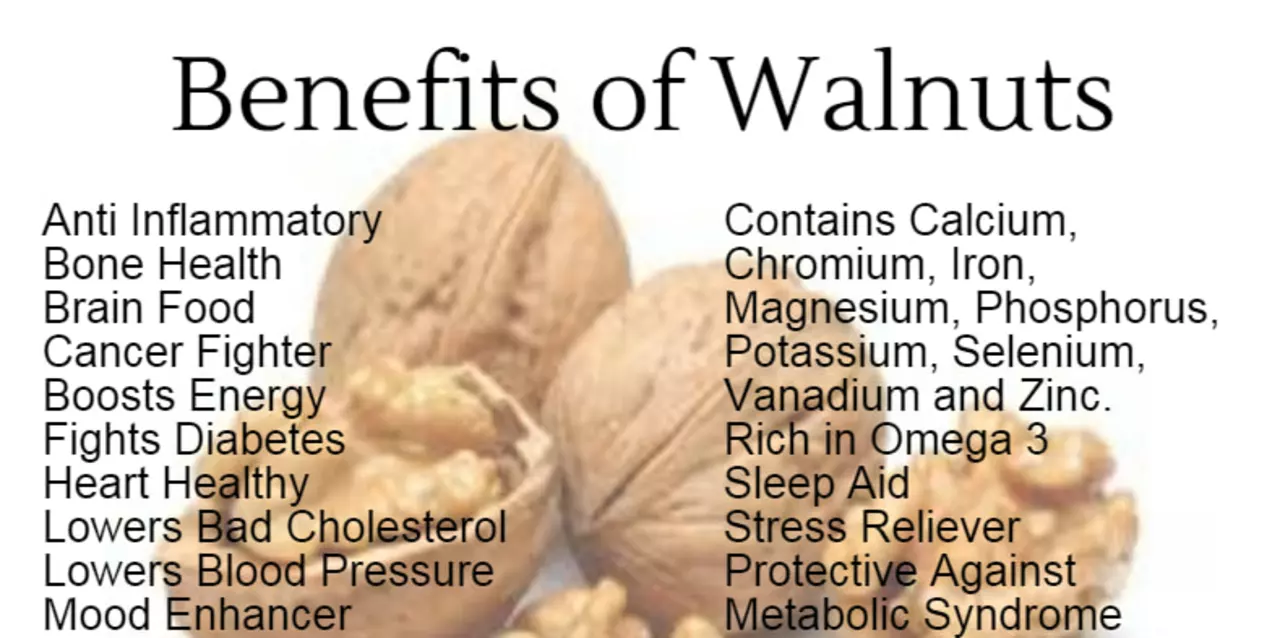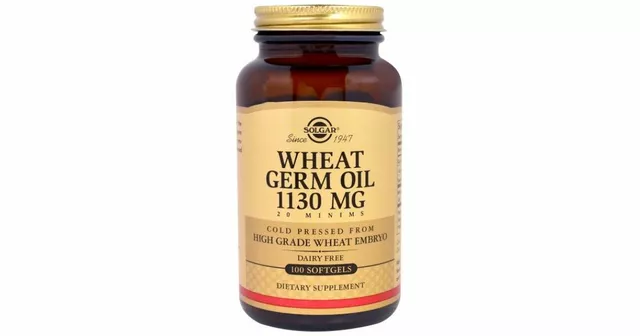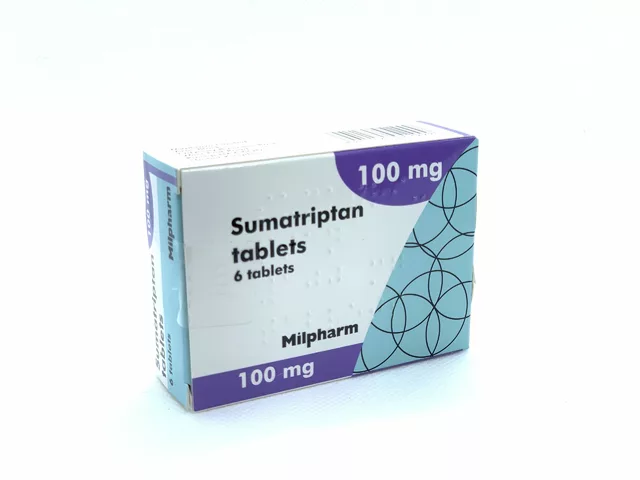Immunity boost: Practical steps you can start today
If you want a stronger immune system, small daily choices matter more than miracle cures. This page collects clear, practical actions—food, sleep, movement, stress management, and sensible supplement use—that help your body deal with bugs and recover faster.
Daily habits that actually help
Eat real food. Prioritize protein, colorful vegetables, whole grains, and healthy fats. Protein gives your body building blocks for immune cells. Aim for a palm-sized portion of lean protein at each meal and plenty of vegetables across the day.
Sleep matters more than you think. Most adults do best with 7–9 hours a night. Poor sleep lowers immune response and slows recovery. Set a consistent bedtime, reduce screens an hour before sleep, and keep your bedroom cool and dark.
Move regularly. Moderate exercise—brisk walking, cycling, or a short home workout for 20–40 minutes—supports circulation and immune surveillance. Avoid overtraining; long, intense sessions without proper recovery can temporarily suppress immunity.
Manage stress. Chronic stress raises inflammation and weakens defenses. Try simple practices like 5–10 minutes of deep breathing, a short walk outside, or a bedtime wind-down routine. These small habits lower daily stress and add up fast.
Keep hands clean and get timely vaccines. Washing hands, staying up-to-date with flu and other recommended vaccines, and avoiding close contact when sick reduce your exposure and give your immune system fewer fires to fight.
Smart supplements and when they help
Supplements can fill gaps, not replace healthy habits. Vitamin D deficiency is common and linked to weaker immune responses. A doctor can test your level and suggest a dose—many adults take 1,000–2,000 IU daily when low, but testing is the safest route.
Vitamin C and zinc help in specific situations. Regular vitamin C from food is best; supplements (200–500 mg) may shorten a cold for some people. Zinc lozenges or short-term supplements can reduce cold length when started early, but long-term high doses have risks.
Probiotics support gut health, which is tied to immunity. Pick a well-reviewed product with specific strains and follow the label. If you have a health condition or take medications, check with your clinician first.
Avoid high-dose supplements long-term unless guided by a healthcare professional. More is not always better, and some vitamins or minerals interact with medications or cause side effects.
Practical next steps: sleep schedule, add a serving of vegetables to each meal, walk 20–30 minutes most days, practice a short stress break twice daily, and ask your doctor about a vitamin D test. Those five moves cover the basics and give the biggest return for your time.
Want more detail on supplements or immune-supporting foods? Check our related articles and product guides on RXMedicin for clear, evidence-aligned advice you can use right away.
 11 May 2023
11 May 2023
Boost Your Immunity and Revitalize Your Body with the Amazing Benefits of Danshen
I recently discovered Danshen, an incredible herb that can boost your immunity and revitalize your body. Its amazing benefits include improving blood circulation, reducing inflammation, and protecting the heart. What's more, it even helps combat stress and anxiety. I've been incorporating Danshen into my daily routine and have noticed a significant improvement in my overall health. Give it a try and see how it can work wonders for your body too!
Latest Posts
-

Why Fermented Wheat Germ Extract is the Must-Have Dietary Supplement for Your Wellness Routine
-

Alfacalcidol and Skin Health: What You Need to Know
-

How to Store Sumatriptan: Tips for Keeping Your Medication Safe and Effective
-

Azilsartan and Drug Allergies: What You Need to Know
-

The Role of Intravenous (IV) Therapy in Leukemia Treatment

17